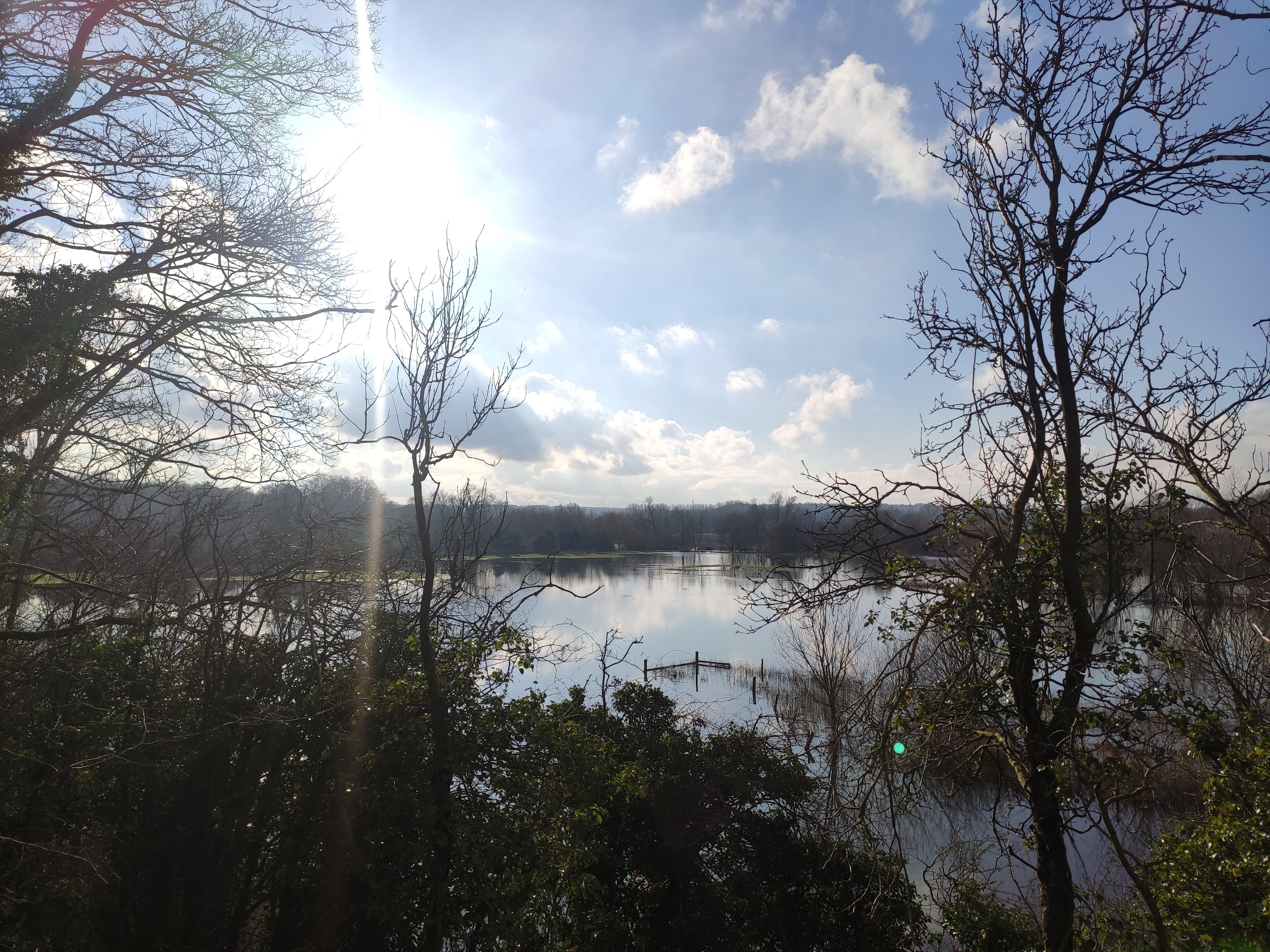Ecopark is a modern urban township on the outskirts of Hanoi, Vietnam’s capital. Wide, quiet streets curve around lakes and through parks, lined on all sides by exotic trees. To any visitor of Ecopark, the first impression is not so much one of grandness, but rather one of calmness. Just 13km from Hoan Kiem Lake in the centre of Hanoi, Ecopark is incredibly quiet, and residents can enjoy the fresh, clean air whilst walking around the lakes or sitting on a bench in the various parks. Covering almost 5 square kilometres and costing around £5 billion, the township has been under construction for over fifteen years and is reaching full completion this year. Combining areas of villa residencies with landmark blocks of flats, the township seems to be pushing the boundaries of modern city living.
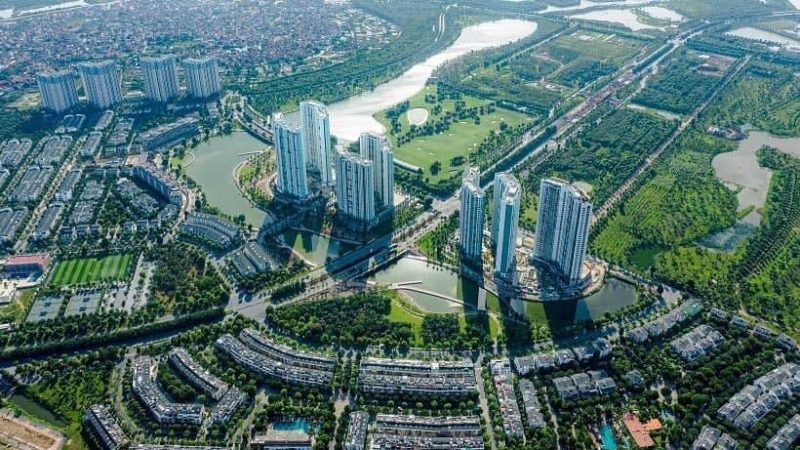
So close to the polluted city centre, the clean air may come as a shock on arrival. Due to an abundance of trees acting as carbon sinks, not only in the parks but also lining every road, and very little traffic, the pollution levels have been greatly reduced. The footpaths encircling swan lake in the centre of Ecopark are lined by beautiful and exotic trees. Beds of bright multicoloured flowers fill the air with the soft scent of pollen, as joggers weave past couples and families strolling leisurely around the lake. Inside little bubble of picturesque greenery and nature, it is easy to forget about the grime and smog of Hanoi waiting beyond Ecopark’s boundaries. It is rare to be able to surround oneself in nature in such a bustling and crowded city as Hanoi, and this seems to be exactly the effect Ecopark’s designers were hoping to achieve. Ecopark is a symbol of the development of Vietnam, and a move towards modern city living.
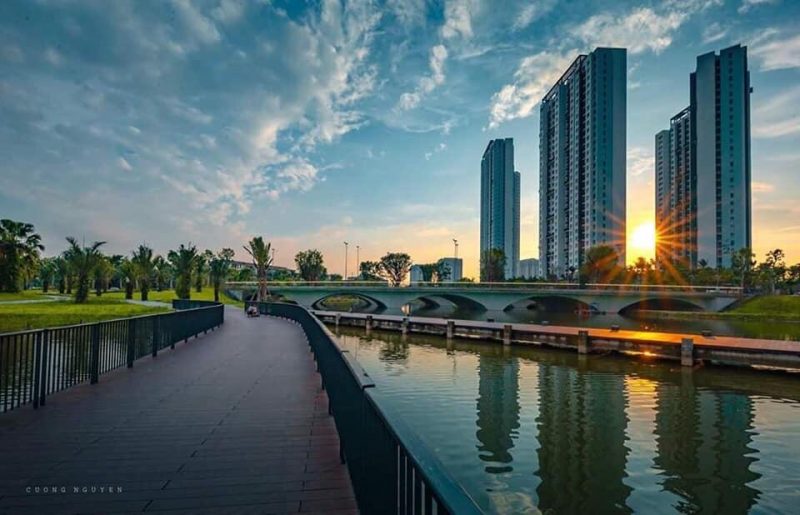
Residents living in either one of several large tower blocks or one of the upmarket villa residences can access a multitude of amenities without ever having to leave Ecopark. Restaurants, artisan cafes and grocery shops can be found in easy walking distance, catering to the essential needs of the residents. On top of this, the township also hosts a cinema, swimming pools, tennis courts and football pitches, its own hospital and even an 18-hole golf-course. Ecopark is also home to the British University in Vietnam, as well as an elite private school, multiple English language centres, and day-care options for small children. Indeed, while many residents work in the city centre, it is entirely possible to live within the boundaries of Ecopark and never need to leave. But what does this mean for traders in the neighbouring townships and villages?
They remove a group of people from active everyday engagement in the city.
Lisa Drummond
Ecopark undoubtedly caters for the wealthy, with its expensive villas, closed off behind lifting barriers tended by security guards in little booths. Vietnam is a country still struggling to eradicate the last traces of extreme poverty and as such, modern developments like Ecopark come at a high price. Professor in urban studies Lisa Drummond (York University, Toronto), spoke about several of the planned modern township developments in Hanoi: “They remove a group of people from active everyday engagement in the city. They take that group of people and allow them to withdraw from the city, behind walls; to have their own private facilities in an economically homogenous space.” In this ‘economically homogenous space’, it is impossible for the regular trickle-down effect of capitalism to function, and the people that suffer from this are those already in poverty. Local farmer’s markets remain a trademark of Vietnam, and the majority of the country’s population use such markets as their daily source of food. Ecopark has no such markets. Put simply, by living in enclosed townships such as Ecopark, the wealthy residents no longer use their earnings to support local businesses but opt rather for chain brands run by large corporations. While Ecopark may be a fine example of what ideal modern city living could be, it is also a shocking reminder of the inequality of Vietnam.
Another mentionable way in which the construction of Ecopark has affected the poorer local communities is through the loss of land. Before construction started, the land upon which Ecopark now stands was mainly farmland owned by many subsistence farmers. The land was repossessed for the purpose of construction, as all land in Vietnam is still owned by the state. The farmers were paid as little as $5 per square metre for the land they lost, bearing in mind that the luxury residences in Ecopark can fetch the estate agents as much as $800 per square metre. This injustice resulted in many protests, with riots taking place in 2012 where police fought off farmers armed with sticks, stones and Molotov cocktails.
One further criticism of Ecopark cannot be seen from first glance and involves the accuracy of the name itself. In the UK, as well as many other western countries, the term ‘eco’ has come to be synonymous with ‘sustainable’ and ‘environmentally friendly’. It has come to connote such things as sustainable energy sources, responsible domestic waste management, making products with sustainable materials and other such environmentally friendly practices. It seems the profusion of trees and vegetation justify Ecopark’s name in this case. However, a visitor may be surprised to discover at second glance that the township offers no recycling facilities. Not only this, but the roofs of the expensive houses built just a few years ago are all bare, with not one solar panel in sight. Environmentally friendly schemes such as recycling are naturally far more advanced in many European countries than in Vietnam, but in a 21st century development going by the name ‘Ecopark’, it is a shame to see no trace of recycling.
Even though Ecopark does not live up to the eco-friendly image its name suggests, and despite it being a shocking reminder of the growing gap between the rich and the poor, it remains a bold example of the future of urban life. Living in a crowded city can be unpleasant, stressful and tiring. But in a township such as Ecopark, where it is possible to work your 9-5 job in the city and return home for a relaxing walk in the peace and quiet of the park, it seems that urban living can be enjoyable and preferable to anything else. The sheer convenience of being located so close to the centre of a capital city, connected by several regular bus routes, combined with the many amenities on offer provide residents with a stress-free and easy way of life.
Ecopark shows us the future of urban living. Planned cities are springing up more and more all over the world, especially in rapidly developing countries or ones just emerging out of their development stage. The township is a fine example of how in a matter of decades, a developing country such as Vietnam can strive forwards in its development and create for its citizens a modern way of living. Perhaps Vietnam does not yet have the infrastructure to provide the same recycling services and sources of sustainable energy as many western countries, but being on the forefront of the Vietnam’s development, it shows us where the country is heading. Ecopark may be a long way behind cases such as Masdar City (United Arab Emirates), but it is clear that Vietnam is developing towards the right goal of modern, sustainable urban living. Still emerging from it’s inception, we can only hope that in the future, Ecopark will not play a role in widening the gap between the rich and the poor.
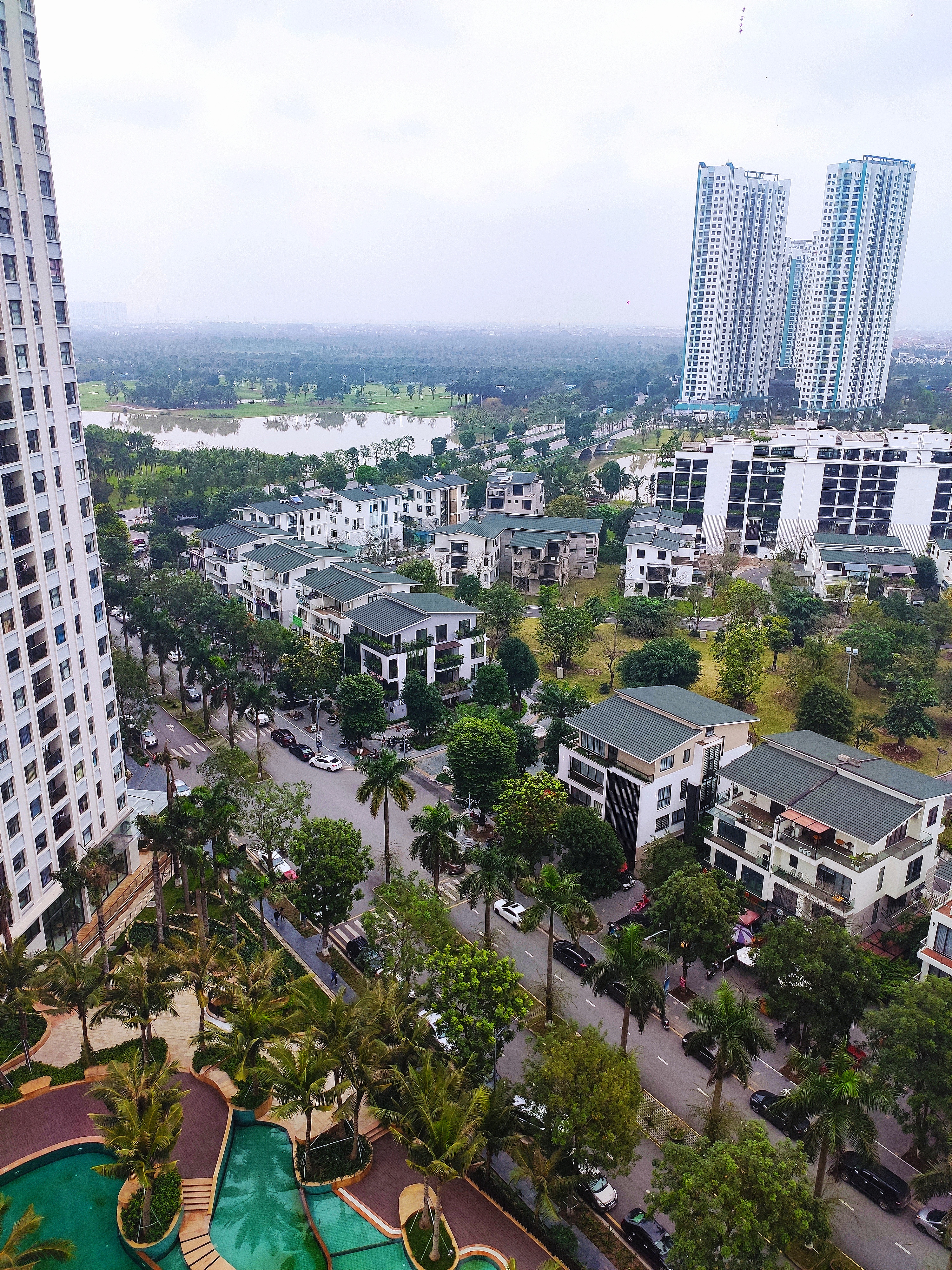
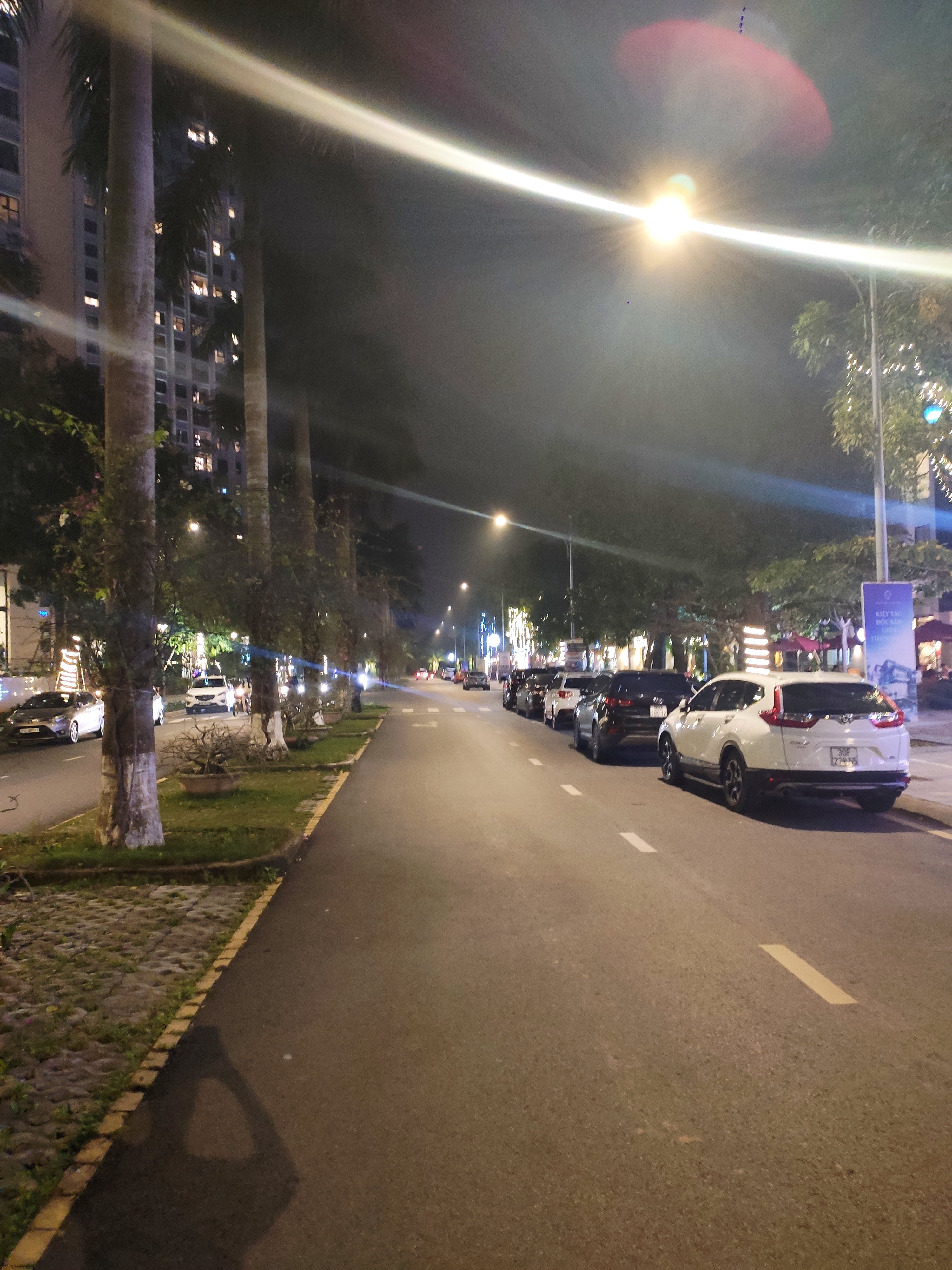
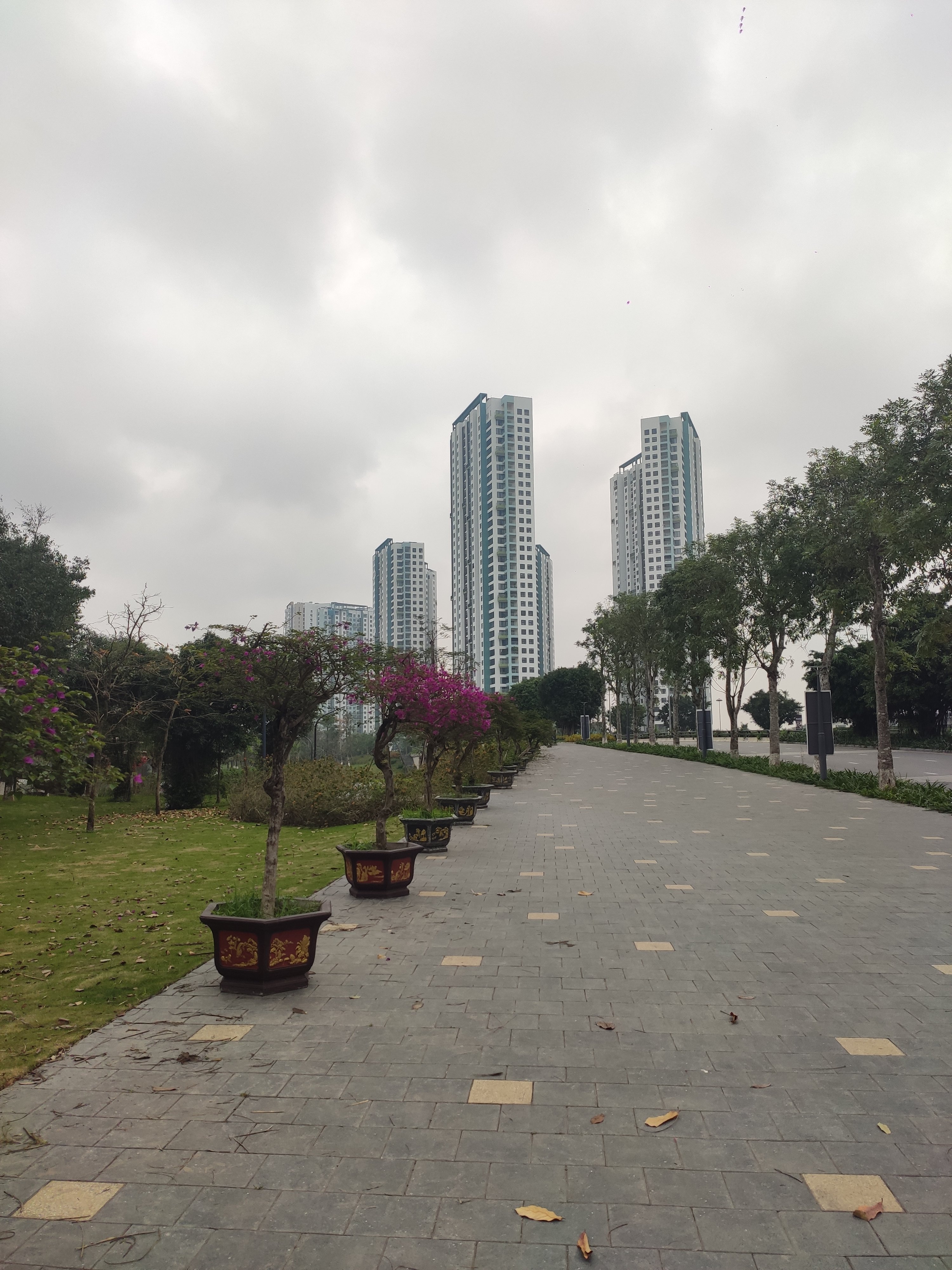
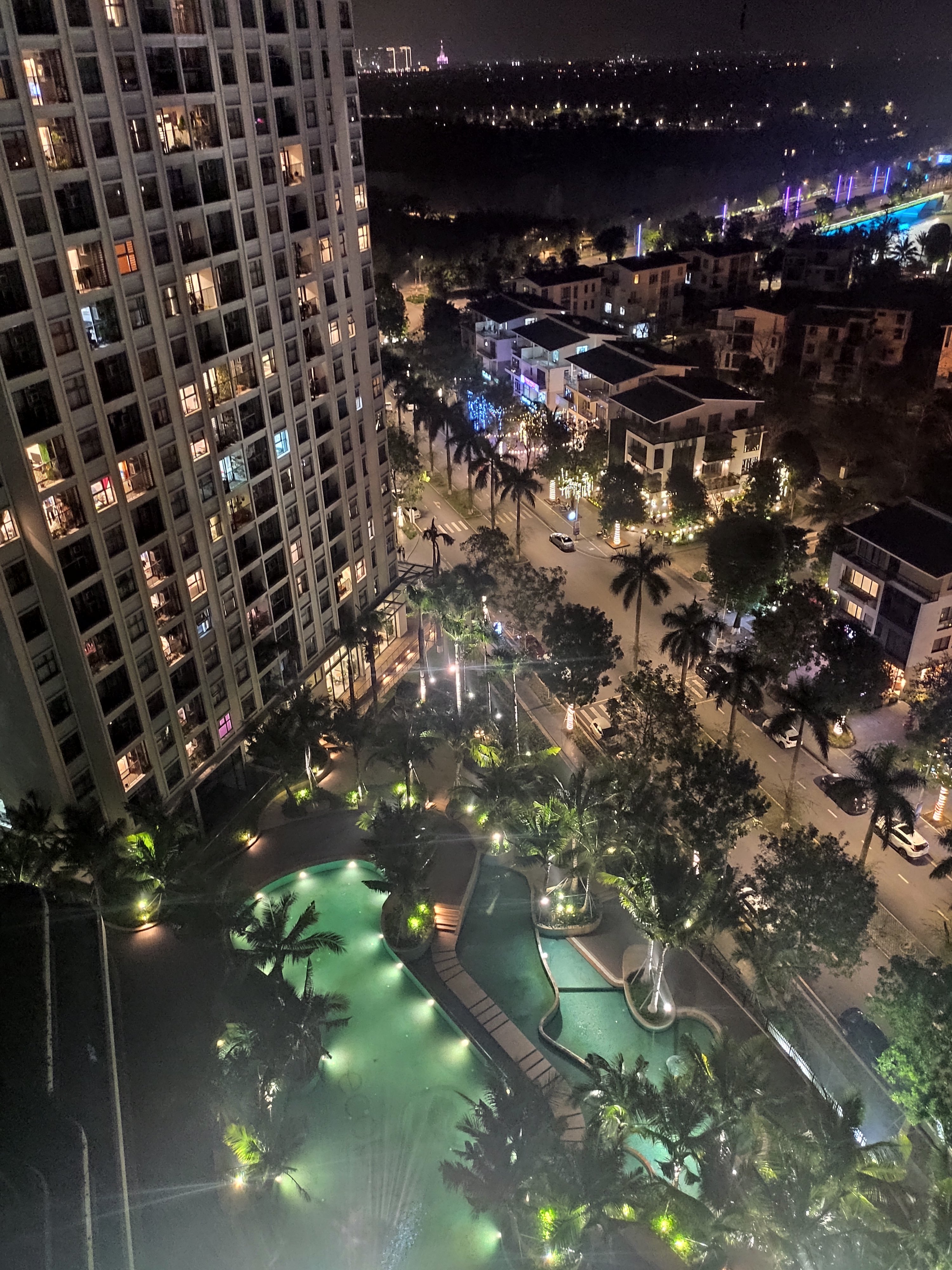
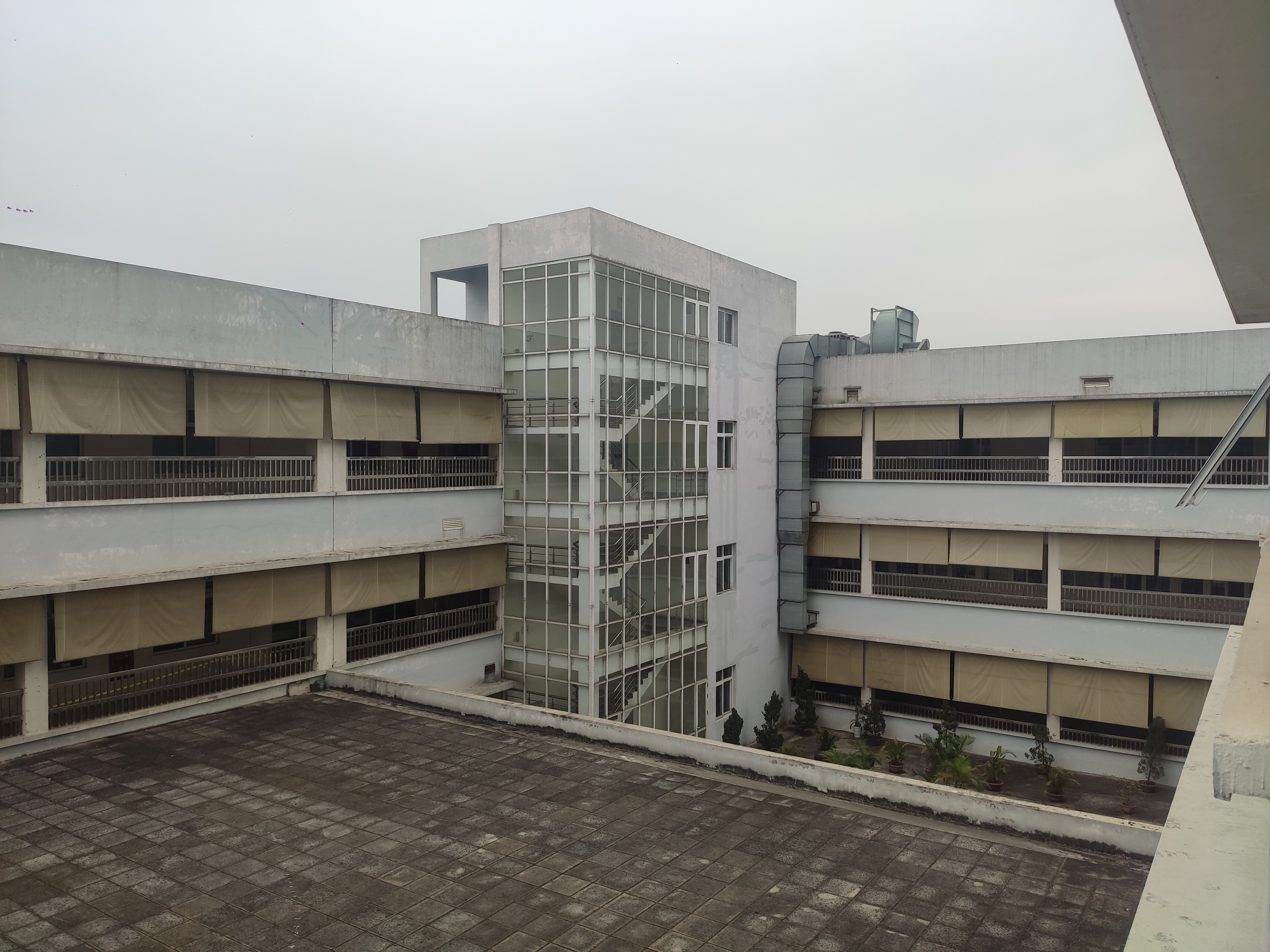 Quarantine – Vietnam Blog 12
Quarantine – Vietnam Blog 12